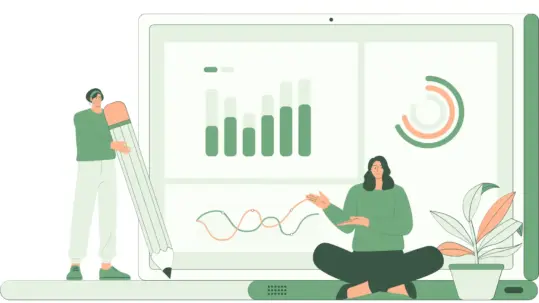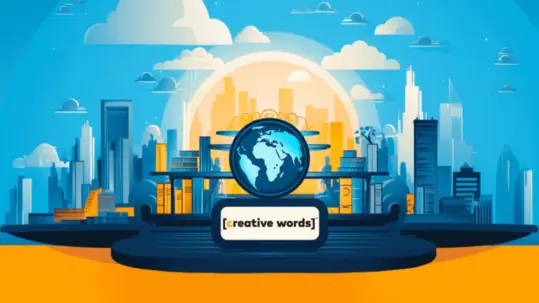
24 Feb MT and legal translation: advantages and disadvantages
With the widespread diffusion of machine translation, MT and legal translation have begun to be widely used in recent years, with the goal of decreasing the time and cost required to translate legal documents. But what are the advantages and possible disadvantages of this process?
It is certainly no secret that machine translation is now extremely widespread: indeed, the enormous technological advances of recent years have made it possible to greatly improve machine translation engines, which for certain types of texts can now offer output comparable to the work of professional translators.
The machine translation frenzy is not destined to be a mere temporary fad: if in 2015 Google Translate registered 500 million users per month, in 2021 Google’s iconic app reached the incredible figure of one billion downloads. Of course, these numbers only refer to the giant in Mountain View, while several other players are also present in the market today.
In light of the latest developments, choosing to ignore the incredible advantages of machine translation would certainly be short-sighted, especially for a professional and up-to-date translation agency like ours.This is why we at Creative Words have also been offering Machine Translation Post-Editing services for almost ten years now. We can thus ensure the highest quality for our clients, combining the advantages of the latest technologies with our expertise as professional translators.
If you’d like to learn about how we work using machine translation on a daily basis, download our free case study.
Of course, MT (Machine Translation) is now used in many areas, including the legal field: MT and legal translation is precisely what we are going to discuss today. Together, we’ll take a look at the advantages and disadvantages of this service for legal texts, to provide you with the clearest and most objective possible overview of the pros and cons of using machine translation in the legal field.
MT and legal translation: all the advantages
In our analysis of MT and legal translation, we obviously start with the advantages: how can MT help users to get accurate legal translations?
The first feature to be mentioned is definitely speed: thanks to the speed of neural machine translation engines, in fact, entire documents can be translated in a matter of moments, so that you can get a first idea of a document’s content and be able to read a foreign language version of it quickly.
 In addition, thanks to the evolution of artificial intelligence and the available machine translation technologies, the quality of the final output will probably already be acceptable. What’s more, the MT algorithms are constantly being trained based on new translations, meaning that machine translation can only improve in the future.
In addition, thanks to the evolution of artificial intelligence and the available machine translation technologies, the quality of the final output will probably already be acceptable. What’s more, the MT algorithms are constantly being trained based on new translations, meaning that machine translation can only improve in the future.
A third element to mention is definitely convenience: if you are travelling or at work and urgently need to translate a document, MT and legal translation could actually prove to be a valuable combination to be able to have an – albeit imperfect – translation of the necessary documents.
The economic factor, which is perhaps the element mentioned most often, is certainly an additional benefit of combining MT and legal translation: excluding the Pro versions of machine translation engines, which require a paid monthly subscription in order to use their services, most machine translation services are completely free, thus offering the possibility for anyone to translate a legal document easily and without excessive costs.
MT and legal translation: not solely advantages
Now that we have outlined the various advantages of MT and legal translation, all we have left to do is shift our attention to the downsides of MT, especially the possible complications of using MT engines for legal texts.
In general, MT often presents problems of ambiguity, grammar and syntax, as well as important technical limitations: in other words, given the existing technologies (not yet fully perfected, and as mentioned above, constantly under development), MT outputs may from time to time be misleading, unclear or outright incorrect.
 Particularly in the case of complex sentences in the source text (a style often used in documents in the legal field), machine translation could generate unintelligible results, which could prove particularly serious in specific legal texts where a correct interpretation of all the nuances of the original document is essential.
Particularly in the case of complex sentences in the source text (a style often used in documents in the legal field), machine translation could generate unintelligible results, which could prove particularly serious in specific legal texts where a correct interpretation of all the nuances of the original document is essential.
Delving more specifically into the use of MT and legal translation, a rather important potential problem is definitely the failure to comply with specific terminology. Indeed, it is not only essential to ensure lexical consistency in legal texts, but also, and more importantly, to accurately translate all the laws, legislative references and specific terminology found in the original document.
Think about what could happen if, for example, two users of different languages decided to sign a binding contract by having it automatically translated: a mistake in meaning, a lack of translation, or a misinterpretation by the MT of one or more sentences could lead to misunderstandings, which could compromise the rights and obligations of the parties involved, potentially causing problems and legal disputes.
As national legal systems differ widely, choosing to rely on MT and legal translation could lead to several problems: a simple word-for-word or sentence-by-sentence translation (the process often adopted by machine translation engines) may not prove sufficient to correctly understand and convey the legislative, criminal, and legal references in the original document.
Given the risks, implications, contexts, and importance of documents in this area, it would generally be best to avoid using MT and legal translation, choosing instead to rely on professional legal translators who are fully familiar with the legal systems of both countries and can provide a fair, precise, and accurate translation.
We at Creative Words have been working with machine translation for years, but we are first and foremost experienced professional translators. If you need to translate a legal text, contact us obligation-free: our team will be happy to review your case and find the best solution for your needs together with you.





